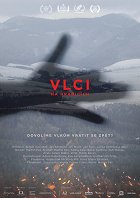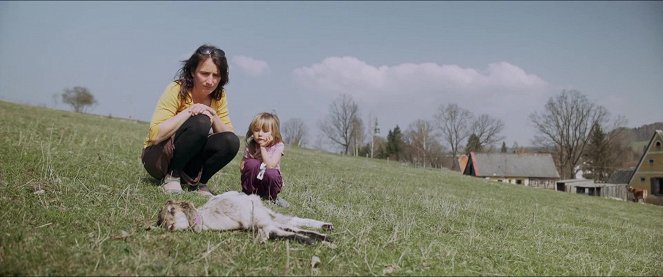Rendező:
Martin PávForgatókönyvíró:
Martin PávOperatőr:
Petr RacekZeneszerző:
Jiří TrtíkTartalmak(1)
In the wild Broumov region in the Czech Republic, the last wolf was eliminated two centuries ago. Its reintroduction, like elsewhere in Europe, now triggers passionate debate between livestock farmers and “greens”. In Vernéřovice, a small rural village, nestled between the forests, Tomas, the whimsical and protective mayor, Jan, a conservative livestock farmer, Lenka, a utopian farmer, and Jiri, a fundamentalist naturalist, are constantly looking out for traces of the presence of the mysterious and invisible animal. In this hyperlink film, speech circulates freely and each of the characters fluctuates in their ideas and positions. The farmers seek to protect their livestock from frequent attacks whilst the environmental protectors intend to re-establish the natural balance... but the more general question of the ambivalent relationships between humanity and nature is complex. Martin Páv captures how this local microcosm, with naturally superb scenery, at the border of Poland, refers us to a much wider reflection about controlling the environment and the necessity of changing mentalities in terms of safety and property. (Visions du Réel)
(több)Recenziók (2)
I was looking forward to shots of wolves in the wild, but paradoxically I didn't get to see any at all. Instead, I got an unpleasant view of wolves in human form, the most galling of whom were the self-important farmers, who are basically only interested in money and don't really care about the welfare of the sheep, even though they love to use this argument. I must admit, however, that everyone was given the opportunity to express their views and opinions. Mainly for this reason it is a relatively successful documentary, but apart from the absence of real wolves, I would also reproach it for the excessive length of some passages, especially in the first half. (65%)
()

